The King’s Fund annual Digital Health and Care Congress 2016, taking place this week, will explore how the better use of technology and data can support and enable the developments needed to transform outcomes for patients and citizens.
Andy Minnion MBE, Professor of Media Advocacy at Rix Research & Media, has been invited by the King’s Fund to share the expert work of Rix in pioneering easy-to-use Web and multimedia tools to provide the most vulnerable patients with improved choice and control around their healthcare.
Rix applies a co-production approach to its research and development projects with particular focus on patients with intellectual disabilities and mental health issues, together with their informal supporters and the range of health and care professionals with whom they work.
Rix has produced and tested software, working methods and implementation strategies for inclusion through the application of new media for 15 years. It has developed a unique ‘Multimedia Advocacy’ approach to person-centred planning, where patients with learning disabilities and mental health issues can create their own portfolio of multimedia content to communicate effectively their preferences, views and needs. The patient voice is vividly articulated and the result is improved and inclusive healthcare.
Professor Minnion highlighted the work of Rix with the Central North West London Mental Health Rehabilitation Service (CNWL), which promotes digital inclusion to ensure that its service users are not excluded from accessing new developments which could enhance their wellbeing and social inclusion.
CNWL began a project to develop a Digital Health and Wellbeing Plan in partnership with Rix and, last year, successfully piloted the use of the Rix Wiki, a simple, personal, multimedia website. Using pictures, words, video and sound, service users can show care staff and therapists what is important to them in their lives and required from their support services.
This new approach to self-management of health and wellbeing by mental health patients included confidence-building exercises and patient rights-based perspective. It helped to improve service users’ self-advocacy skills and self-confidence, and also aimed to shift the focus of the staff/service users’ relationships in Rehabilitation Services from risk monitoring towards the creative encouragement of communication skills.
Rix Wikis are now providing a ‘dynamic extension’ and a ‘step-up’ from the original health and wellbeing plan, allowing individuals to express themselves creatively, update their plans easily, and envisage a more positive future. The work with CNWL has extended to the Recovery College with the integration of Multimedia Advocacy and Digital Health and Wellbeing Plans into their ‘Taking Back Control’ course. Service users supported by this approach are using Wikis to contribute to their care planning and have an increased frequency of social contact as well as shorter average lengths of stay in high dependency settings.
Professor Minnion set this work in the context of a spectrum of different models of Multimedia Advocacy that have been applied in health and care settings and he charted a rapidly emerging set of digital healthcare solutions that challenge conventional perspectives on how new technologies can transform healthcare services.
He comments: “Today’s media technologies can realise patient self-advocacy and, in the process, improve the standard of care for the most vulnerable. The King’s Fund Congress highlighted how, after a decade of investment into ‘top-down’ models of tele-health implementation, the adoption of digital healthcare solutions still faces considerable resistance.
“Multimedia Advocacy is a fresh approach, with patient-run technical solutions providing a new paradigm for Digital Health that puts the service-user experience at the centre. Using simple social media tools and consumer technologies, we now have systems that can potentially place health management firmly in the hands of the most vulnerable patients and their immediate support circles. This model turns conventional wisdom of Digital Health on its head – and promises to improve the patient experience in the process.
“Multimedia Advocacy can achieve real efficiency in multi-agency working and it is this re-modelling of Digital Health and Care that could provide significant economies for tomorrow’s health service. The challenge, of course, is that this approach demands significant cultural change for the healthcare sector.”
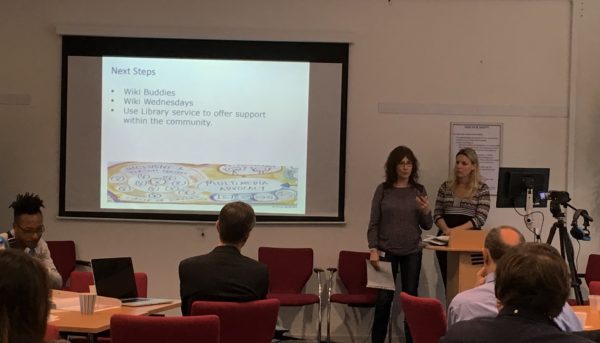
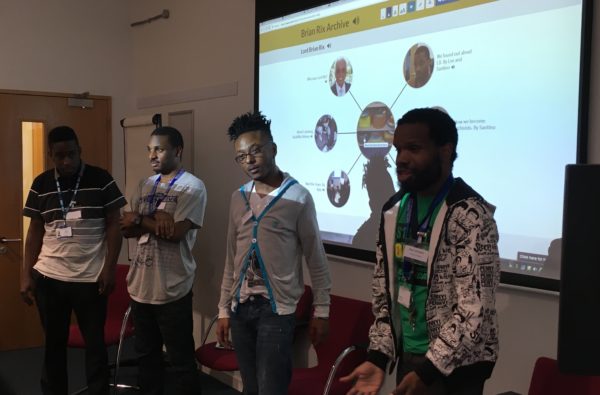
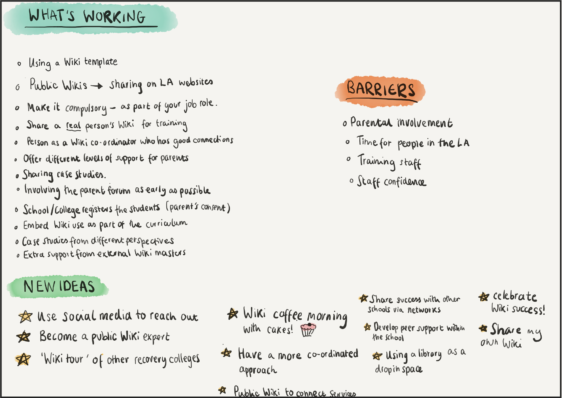







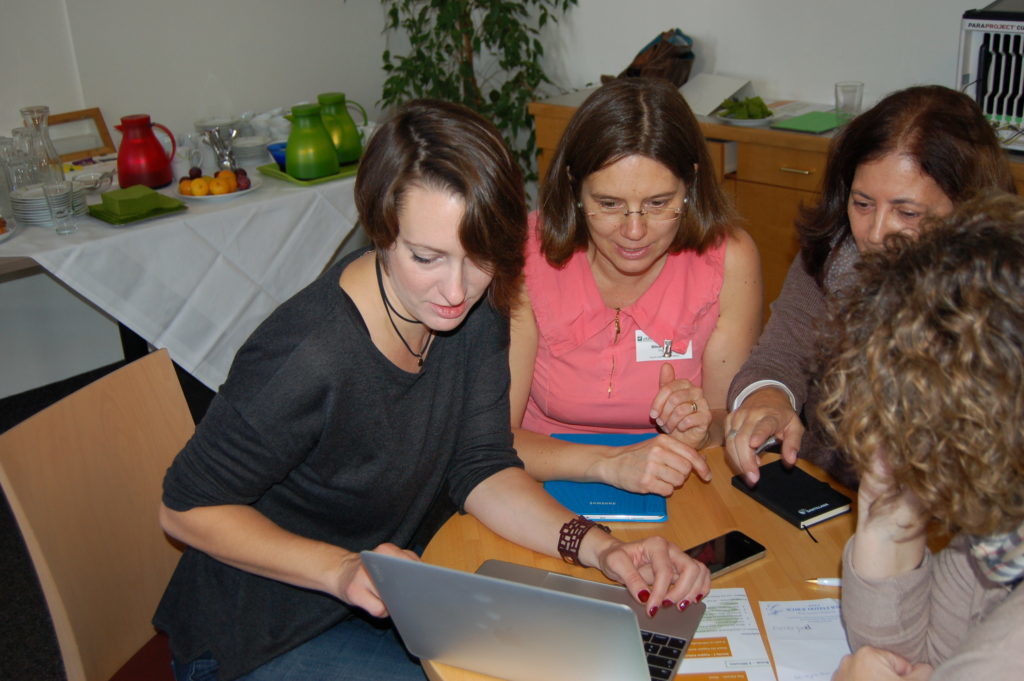
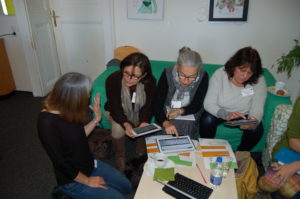
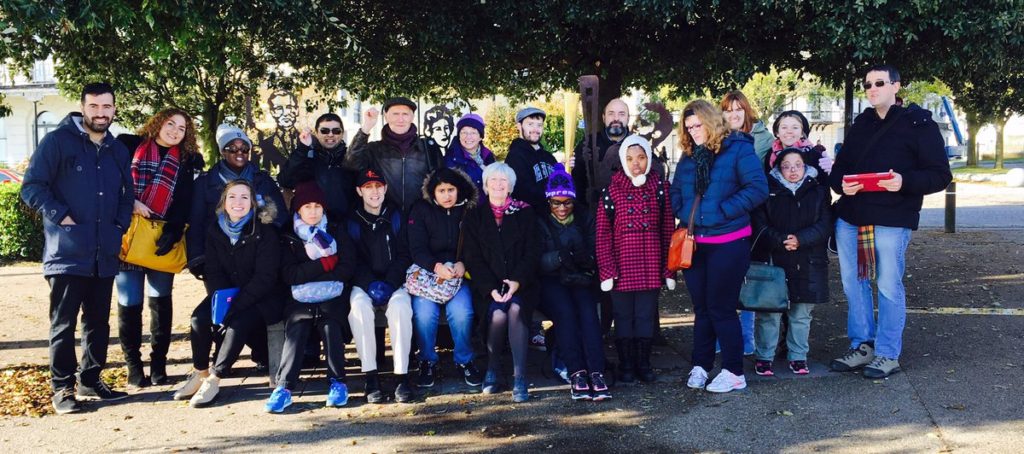
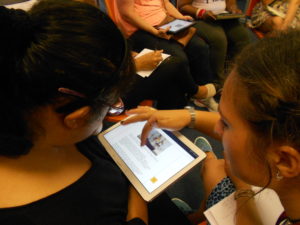
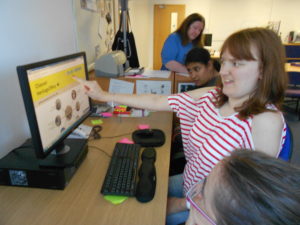
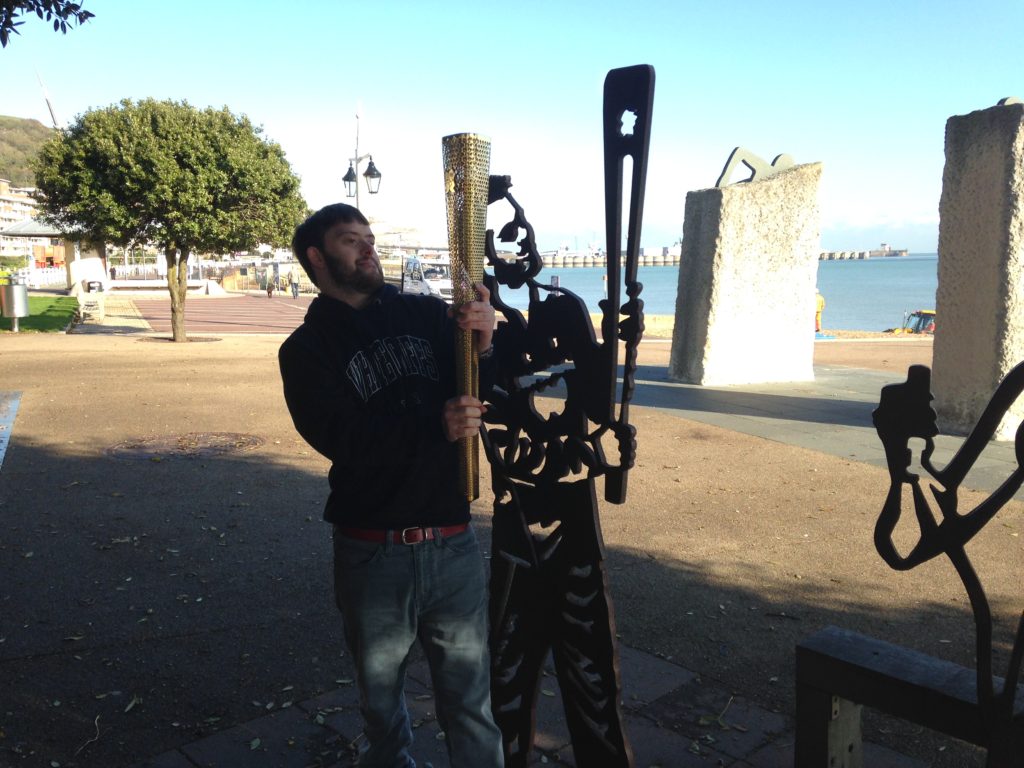
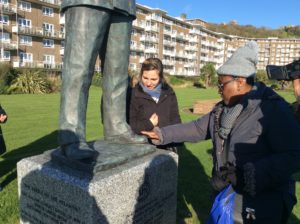
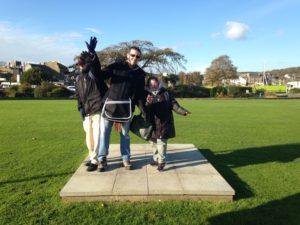
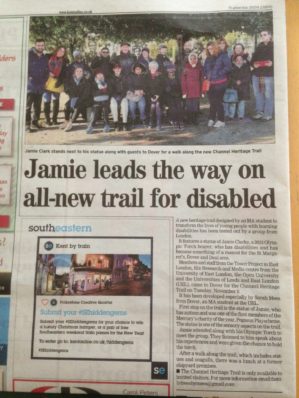
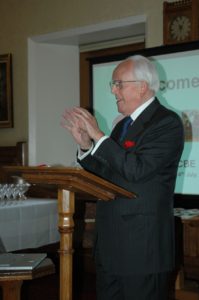
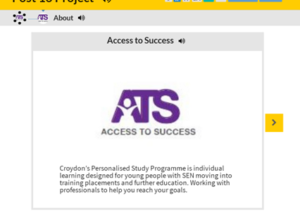 “There’s a group of young people and we want to work with them to provide pathways into education and employment for them. These are young people who would have been sent away to residential schools out of their own community. So they would have to come back and start to re-establish their social network, having lost touch with their school friends and not knowing how to get around in Croydon. So we’re keeping them in the community. They have a formal education two days a week then spend time at the local youth centre learning life skills.
“There’s a group of young people and we want to work with them to provide pathways into education and employment for them. These are young people who would have been sent away to residential schools out of their own community. So they would have to come back and start to re-establish their social network, having lost touch with their school friends and not knowing how to get around in Croydon. So we’re keeping them in the community. They have a formal education two days a week then spend time at the local youth centre learning life skills.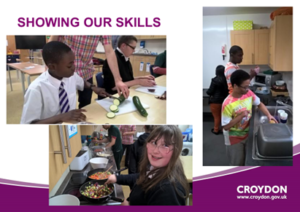 “So they are learning practical skills, about being safe, getting out and about, cooking, staying healthy, working together as a team, and making friends.”
“So they are learning practical skills, about being safe, getting out and about, cooking, staying healthy, working together as a team, and making friends.”